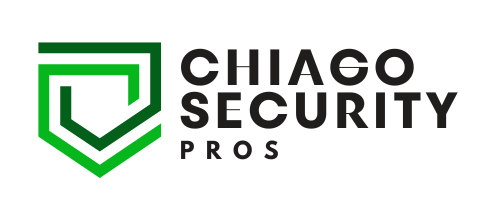Understanding Access Control and Its Importance
Access control is a critical aspect of data security, designed to protect sensitive information from unauthorized access. It involves the use of various security measures to ensure that only authorized individuals have access to specific data or areas. Access control is not just about physical access to buildings or rooms, but also extends to digital access to computer networks, system files, and data.
The Role of Access Control in Data Security
Access control plays a pivotal role in data security. It helps organizations protect their sensitive information from unauthorized access, alteration, or destruction. This is achieved through various access control models, including discretionary access control (DAC), mandatory access control (MAC), and role-based access control (RBAC).
Discretionary Access Control (DAC)
DAC is a type of access control where the data owner determines who can access specific resources. This model is flexible but can be risky if the owner lacks proper security awareness.
Mandatory Access Control (MAC)
MAC is a more rigid access control model where access to resources is controlled by the system, not by the users. It’s commonly used in organizations that require a high level of data security.
Role-Based Access Control (RBAC)
RBAC assigns access rights based on roles within an organization. This model simplifies the management of access controls, especially in large organizations.
Implementing Effective Access Control Measures
Implementing effective access control measures is crucial for safeguarding sensitive information. This involves a combination of technical measures, such as firewalls and encryption, and administrative measures, such as policies and procedures. Regular audits and updates are also essential to ensure that the access control measures remain effective.
Challenges in Access Control and Data Security
Despite its importance, implementing access control and data security can be challenging. Organizations often struggle with managing user access, especially in a dynamic environment where roles and responsibilities change frequently. There’s also the risk of insider threats, where authorized users misuse their access rights. Additionally, the increasing use of mobile devices and cloud services has expanded the attack surface, making access control more complex.
Frequently Asked Questions (FAQ)
1. What is access control in data security?
Access control in data security refers to the process of limiting access to sensitive information to authorized users only.
2. Why is access control important?
Access control is important because it helps protect sensitive information from unauthorized access, alteration, or destruction.
3. What are the challenges in implementing access control?
Challenges in implementing access control include managing user access, dealing with insider threats, and securing mobile and cloud environments.
Conclusion
In conclusion, access control is a critical aspect of data security. It helps safeguard sensitive information by ensuring that only authorized individuals have access to it. Despite the challenges, implementing effective access control measures is crucial for any organization that handles sensitive data.
As the digital landscape continues to evolve, so does the need for robust access control measures. This is where professional security companies in chicago come in. With their expertise, they can help organizations implement effective access control measures. For instance, access control installers in chicago can provide solutions tailored to an organization’s specific needs. Additionally, services like commercial intercom system chicago il can enhance physical access control, further strengthening an organization’s overall security posture.
